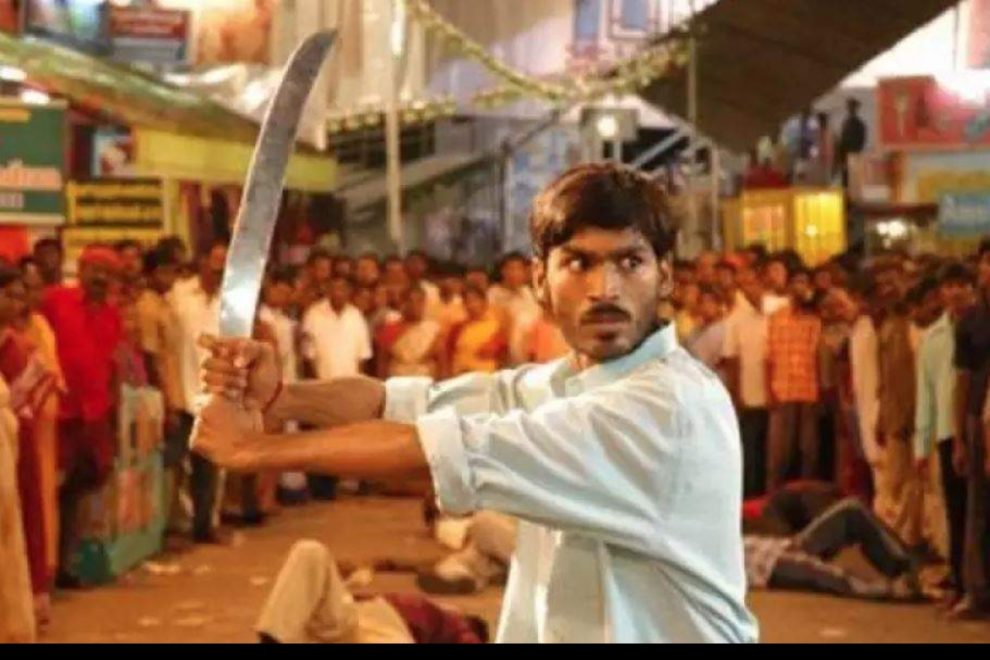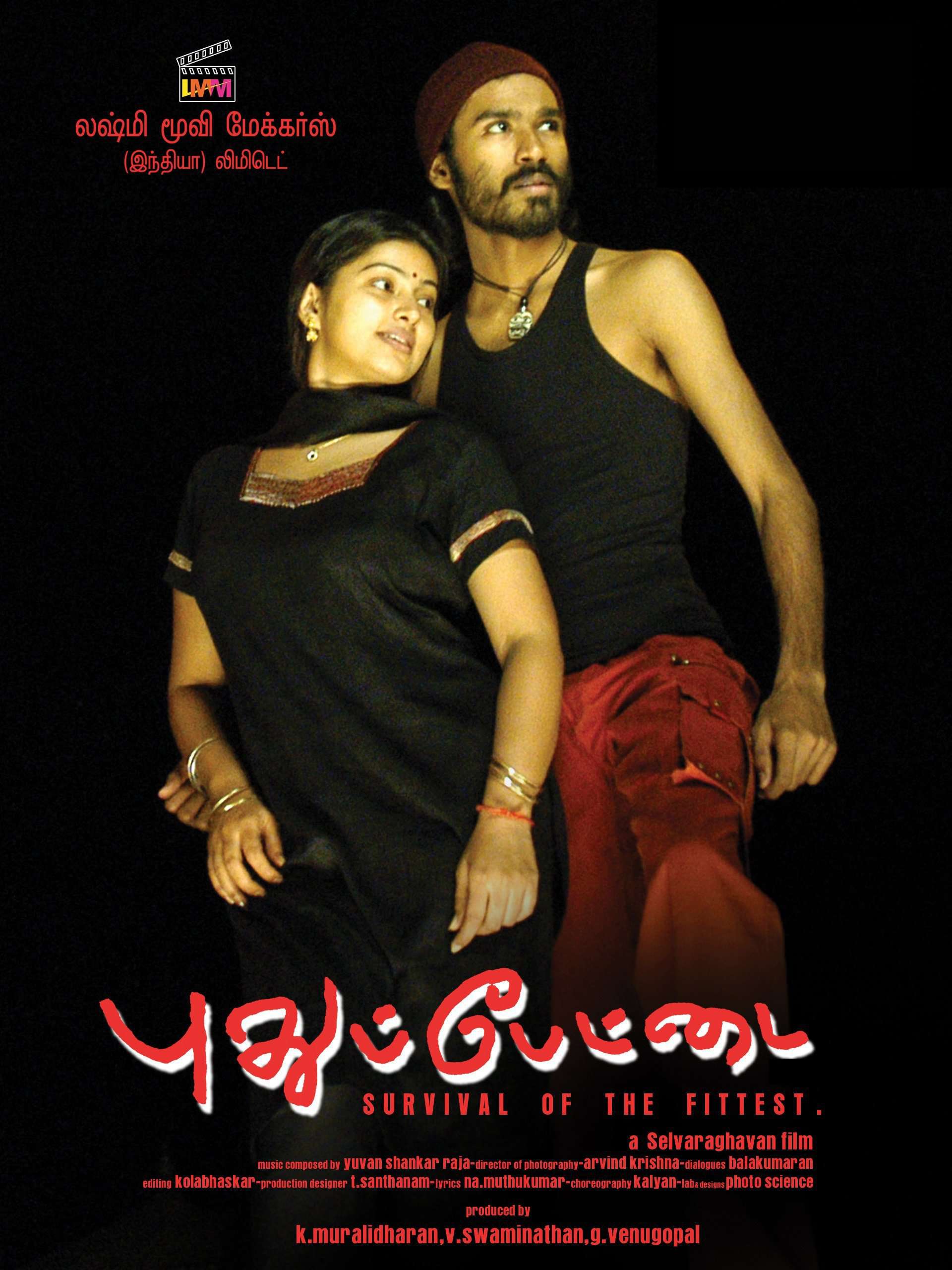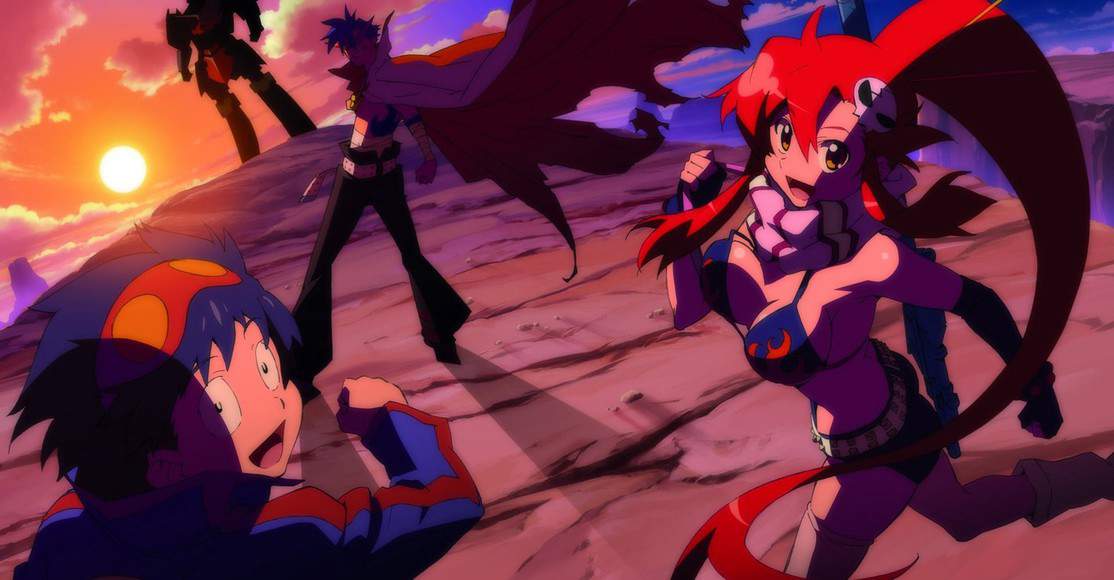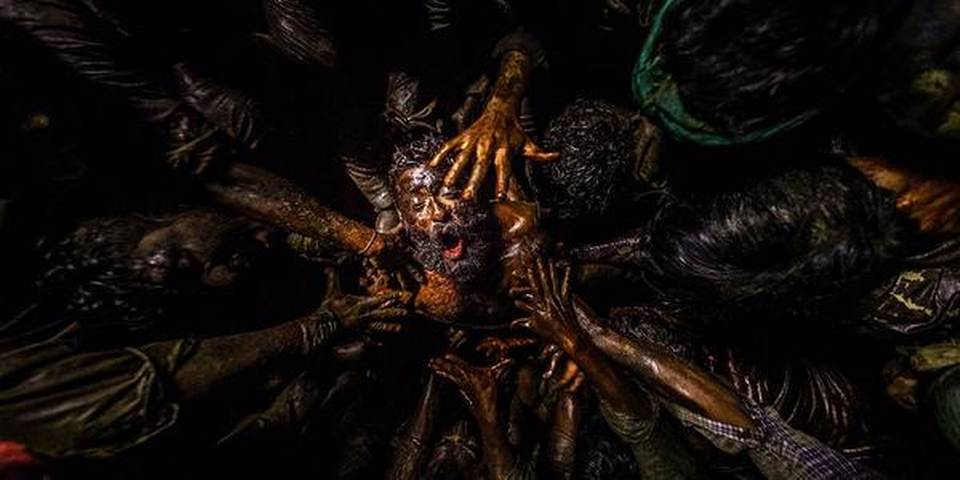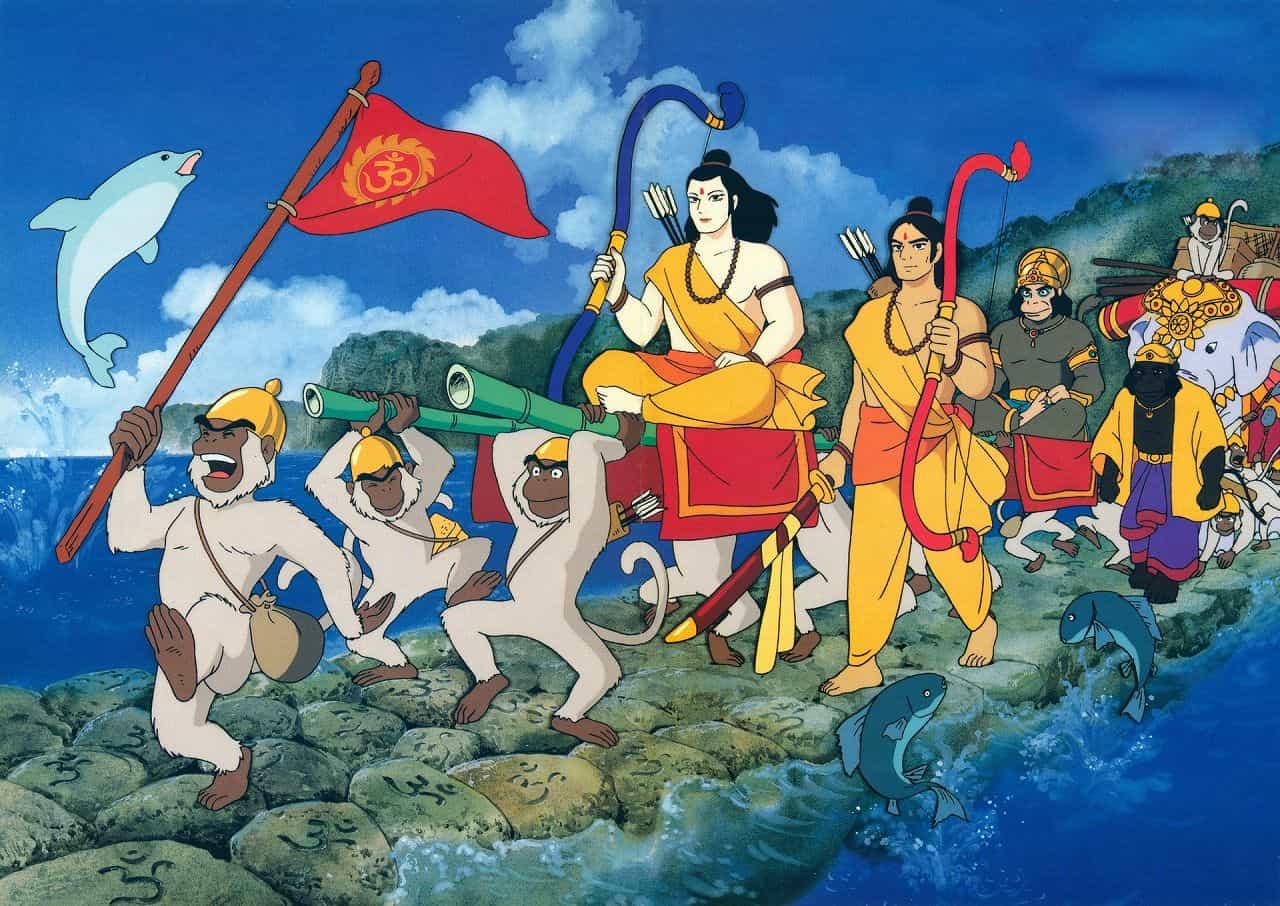The first Tamil film to be shot in Super 35 mm instead of the Cinemascope format, as well as the first to be released in digital format, “Pudhupettai” was not a crowning success for Selvaraghavan from the beginning. Instead, it gained its status almost 10 years after its release when Baradwaj Rangan of The Hindu retrospectively praised the film for its innovative and subversive tone, stating “Ten years on, we still haven't seen another film so unapologetic about the truth that crime does pay. Currently, it is considered one of the best crime movies ever to come out of the Tamil movie industry.
The story is narrated by the main character, “Kokki” Kumar, who, as the movie begins, lies in a jail cell and reminisces about the past. Kumar is a secondary school student who lives in the slums of Pudhupettai in Chennai. After he finds his father having killed his mother over an argument, he runs away and starts begging, unsuccessfully, in the streets. One day, he is picked up by mistake by the police, as they arrest the men of Anbu, a local thug leader, with his beating by the men of the Force and the whole endeavor leading to him eventually working for Anbu, while befriending Mani, one of the henchmen there. During a confrontation with rival gangsters headed by the ruling party's politician Murthy, Kumar kills Murthy's brother single-handedly amidst 100 goons, earning the respect of his gang. Anbu makes him join a gang consisting of professional killers. There, Kumar learns the ways of being a killer while surviving attacks from Murthy's men.
Krishnaveni is a prostitute who works under Anbu. Kumar likes her and asks Anbu to release her. Their argument, after many tribes and tribulations , ends up with Kumar killing his boss, eventually taking his place. Thamizhselvan, the local opposition party leader, whom Anbu worked for, allows Kumar to take over Anbu's business only if he can survive the night from Anbu's men. Kumar survives, and Thamizhselvan makes good on his word. As his power becomes more and more significant, Kokki gains much notoriety and respect in the crime world, as his murdering spree also continues. Eventually, he meets Selvi, Mani's sister, and marries her forcibly on the eve of her wedding. Mani tries to kill Kumar unsuccessfully then joins Murthy's gang. Krishnaveni becomes pregnant and he marries her as well. His actions, as much as his will to become a politician himself, eventually bring him against almost everyone he knows…
Evidently, the greatest aspect of the movie is its story, with the path Kokki takes and the many transformations he experiences being rather impressive to watch. Particularly the way violence creeps in his life, starting with the murder of his mother and ending up with him being a murderous sadist is truly memorable, and benefits the most by both the presentation of the many different episodes here, and Dhanush's multilayered acting. Especially the last part of the movie, when he becomes apologetic and actually highlights how, despite his power in the underworld, he is still a nobody in the ‘real world' induces the narrative with a very welcome dramatic aspect, also humanizing Kokki, who, up to a point, had transformed into a true demon. On the other hand, his actions, and particularly his treatment of women, do not result in a character that is likable throughout, a notion though, that Dhanush seems to thrive in as we also saw in “Karnan”.
Talking about Dhanush, I have to admit that I find his performance, once more, quite excessive and hyperbolic, occasionally messing up the feelings he is supposed to exhibit, under a guise of anger that seems to dominate all of his acting. This applies particularly to the dramatic scenes, and in general, the ones he is not supposed to (over) react to. At the same time, his biggest trait is that he brings a sense of tension whenever he appears on screen, which actually makes his other faults barely visible, while adding significantly to the entertainment the movie offers. This trait is visible even in the music video scenes, which, once more, are too many even for a 3-hour movie, but still quite impressive on occasion, particularly due to his performance.
Regarding the context of the movie, the reality of the criminals in Chennai, and particularly what happens to them as they grow old, is exquisitely presented, essentially being the element that elevates the movie above the many similar productions coming out of the Tamil movie industry. The same applies to the comment about the connection between politicians and organized crime, in a rather pointed remark presented here with no pulled punches.

The production values are also top-notch. Starting with the fact that Selvaraghavan, just like many filmmakers of the particular industry, knows how to direct many people simultaneously on screen, which DP Arvind Krishna takes advantage of to present a series of rather impressive sequences, all the technical aspects here are of similar level. The plethora of action scenes (especially the sword-fighting ones) in particular are a wonder to look at, being as brutal and intricate as possible, while also benefiting by the excellent editing of Kola Bhaskar, who also induces the movie with a very fitting, frantic pace. Furthermore, Krishna and Selvaraghavan implemented much experimentation in the visual aspect, with the use of light and color, particularly in some scenes as the one in prison, bordering on the avant-garde, with the same applying to the overall framing. This approach adds much to the general aesthetics of the movie, not allowing the visuals to become monotonous, in another element that allows the film to stand out.
“Pudhupettai includes some of inherent faults of both Tamil cinema and Dhanush's acting, but the story, the tension, and the technical prowess overshadow any fault, resulting in an audiovisual extravaganza and a truly great crime movie.


